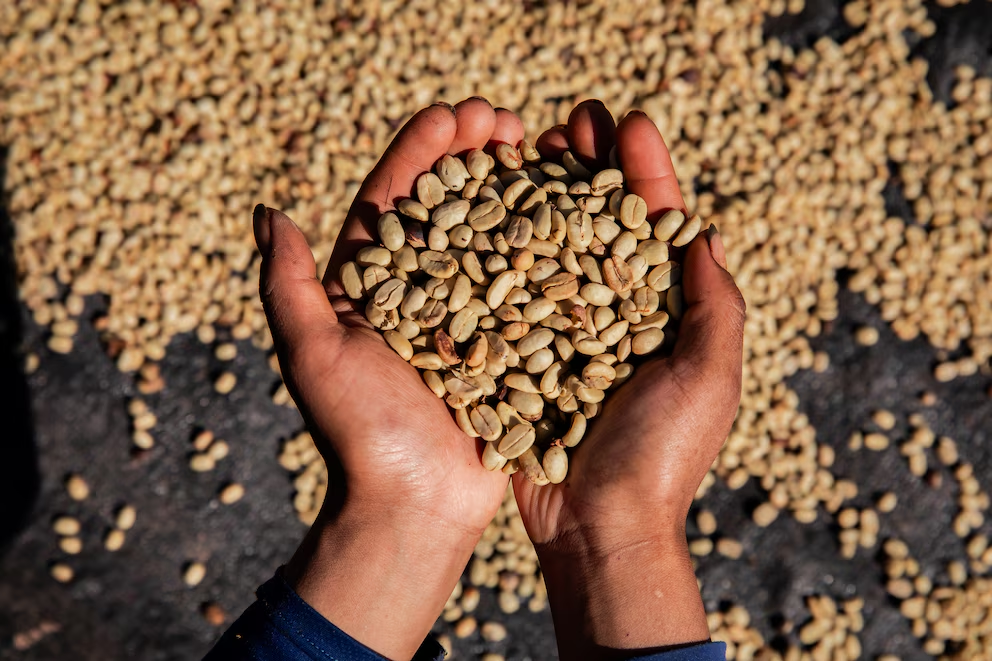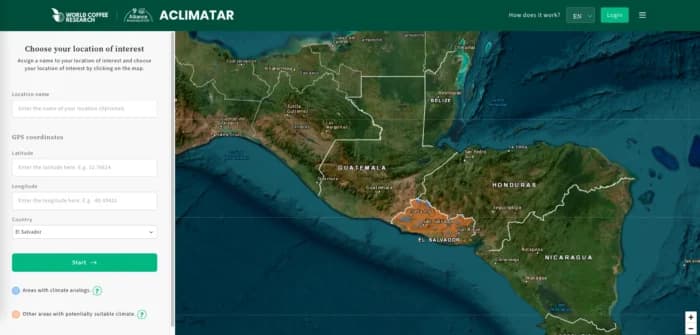The cost of coffee has more than doubled in the past year, with experts pointing to climate change as a key driver of price hikes. A combination of excessive rainfall and record-breaking temperatures in major coffee-producing regions has severely impacted yields, pushing prices up by 103% over the past 12 months. Scientists confirm that 2024 was the hottest year on record, and the trend appears to be continuing into 2025. As global temperatures rise, unpredictable weather events are expected to become more frequent and severe, further threatening coffee production.
A recent analysis from supply chain experts indicates that food prices, including coffee, are likely to remain volatile throughout the year. The disruption caused by climate change is not only increasing costs but also affecting the quality and availability of coffee worldwide. Industry reports suggest that even if global warming is limited to agreed international targets, the land suitable for coffee cultivation could shrink significantly, endangering future supply.
Farmers in major coffee-growing nations, including Brazil, Ethiopia, and Vietnam, are among those bearing the brunt of extreme weather. Rising temperatures, shifting rainfall patterns, prolonged droughts, and crop diseases have made coffee cultivation increasingly challenging. Producers have reported that poor early-season rains have led to reduced flowering, a trend that is becoming more common. Without intervention, many farmers may be forced to abandon coffee production, leading to even higher prices and supply shortages.
The challenges posed by climate change extend beyond farming. Research indicates that coffee production itself contributes to greenhouse gas emissions, adding further urgency to efforts aimed at making the industry more sustainable. Experts suggest that adopting climate-friendly farming practices, improving supply chain resilience, and reducing reliance on single sourcing regions could help mitigate some of the risks associated with climate change.
With the cost of coffee already climbing, industry voices argue that price adjustments are necessary to reflect the increasing difficulties faced by growers. If production costs are not fairly accounted for, the economic pressure on small-scale farmers could force many out of the sector, further exacerbating global supply issues. In the United Kingdom, where coffee consumption remains high, the industry supports hundreds of thousands of jobs, making the economic impact of supply disruptions significant.
Calls are growing for governments and international organizations to take action to support coffee producers, particularly in developing nations. Proposals include increasing financial assistance for climate adaptation measures and ensuring farmers have access to affordable financing. A recent survey found that a majority of consumers believe more should be done to protect the coffee supply chain from climate-related risks. Meanwhile, national food security experts warn that without proactive measures, disruptions in coffee production could become a long-term challenge for global markets.
As extreme weather continues to reshape the agricultural landscape, the future of coffee remains uncertain. Without meaningful intervention, the world’s most popular beverage could become an increasingly expensive luxury in the years to come.

